Democratic Republic Of Congo
Elections in the Democratic Republic of Congo (DRC) will be delayed till December 2018 according to the Corneille Nangaa, head of the country’s electoral body.
The country is scheduled to hold polls in November to elect a successor to the incumbent, Joesph Kabila, whose tenure expires in December. He is by law unable to stand for another term because of the two term limit.
The DRC electoral commission boss was speaking on Saturday to a group of lawmakers when he made the disclosure. A national deputy, Patrick Muyaya told Reuters that the Nangaa was speaking to delegates at ongoing multi-party talks that the commission.
According to the electoral body, it would finish updating the voters register on July 31 next year. After which they would require over 500 days to organize the polls.
Clashes last week between protesters and security forces over allegations that President Joseph Kabila is deliberately delaying the poll to cling to power killed at least 50 people in the capital Kinshasa.
Kabila denies he is behind the delay, which he says is due to logistical and budgetary constraints.
A court earlier this year had ruled that if the country fails to organize elections later this year, Kabila could stay on as president. Even though he has yet to make known any ambitions to run for an ‘unconstitutional’ third term, there has been pressure from home and abroad calling on him to step down at the end of his tenure.
Kabila has ruled the country for the past 15 years following the assassination of his father Laurent Kabila. Whenever elections are held it would be the first democratic transition in the war torn country.




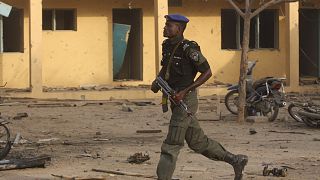
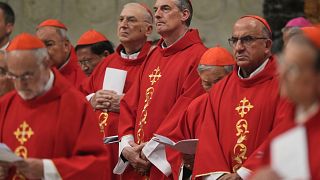
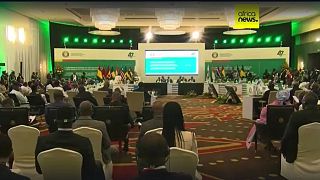
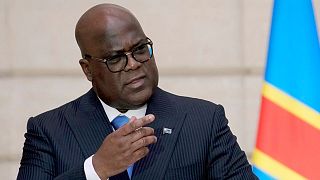
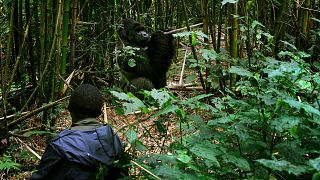
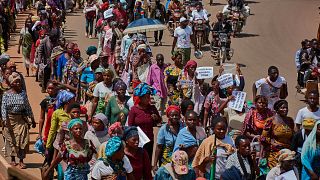
Go to video
Pope Francis’ funeral to be held on Saturday 26 April at Saint Peter's Basilica
Go to video
Kinshasa reacts to Trump's claim that 'many' Congolese come to US
Go to video
Congo suspends Kabila's political party over rebel 'ties'
Go to video
Goma reacts to return of Kabila from exile
Go to video
Tundu Lissu charged with treason
01:01
Tanzania's opposition leader Tundu Lissu arrested after rally